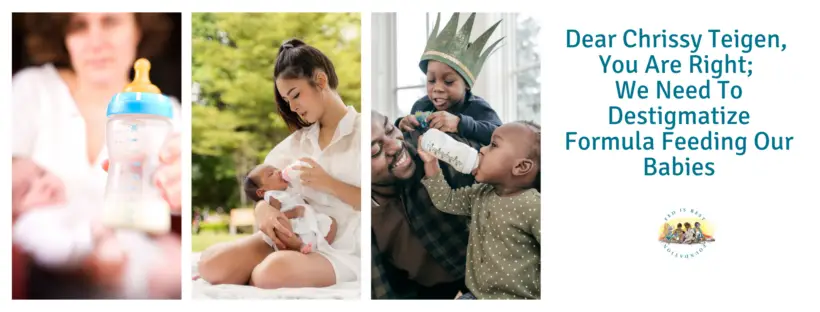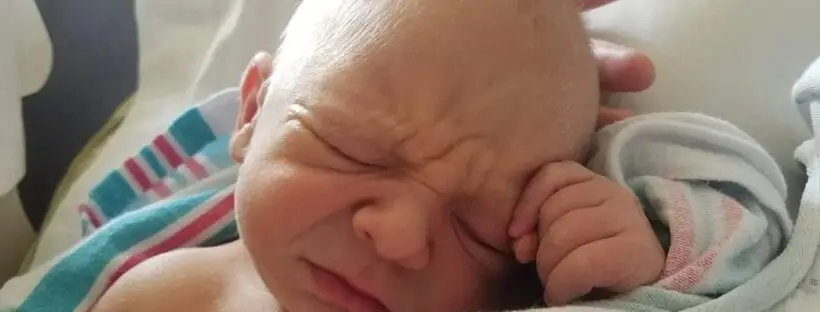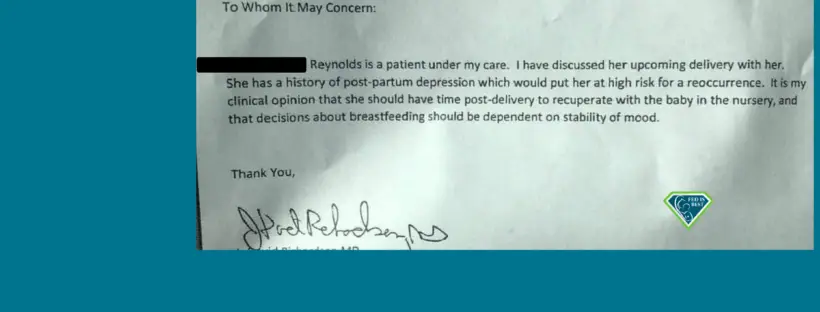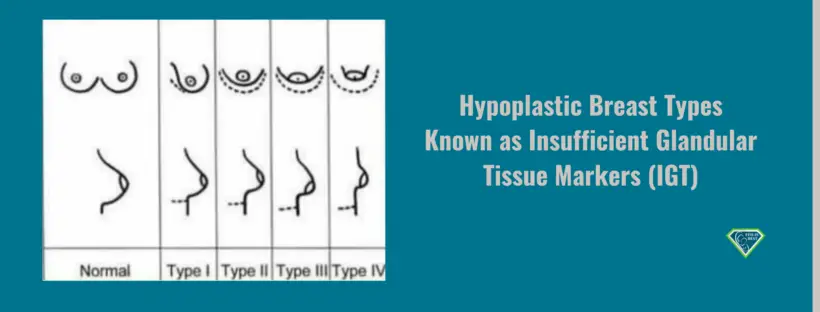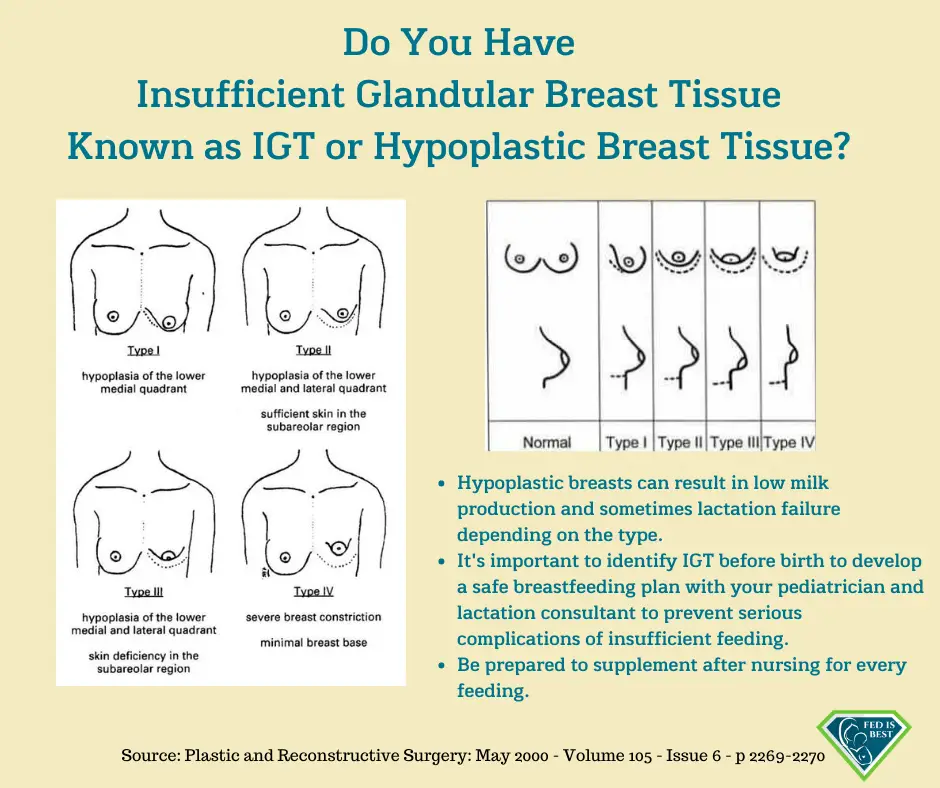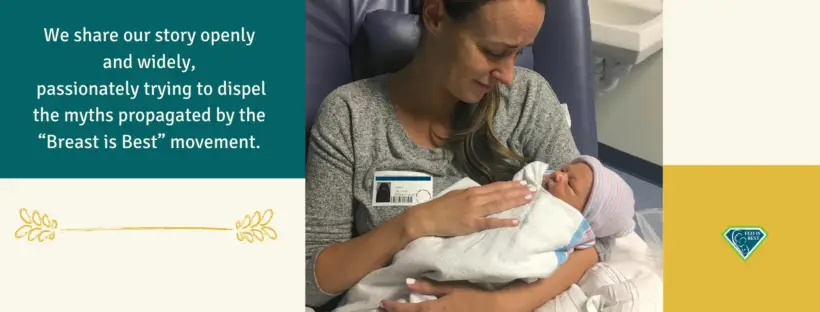The Letter was from my psychiatrist. It was our way of beating a system that neither of us agreed with, or believed was good for my mental health. It provided protection for me to make decisions that went against the Baby-Friendly Hospital mandates.
The amount of stuff a pregnant woman brings to the hospital for delivery gets progressively smaller, the more children she has. With my first child, I brought three bags; I ended up ignoring 90% of the contents and gave my husband fits when he loaded the car for the ride home. By the time I packed the hospital bag for my third child, everything fit neatly into a small duffel. Even then, I felt like I was overpacking. As long as I had a phone charger, some lip balm, and the Letter, I knew I’d be fine.
Continue reading →
